News
New colleaugues
- Monday, 8 August 2022

Charlotte Frenkel
Charlotte joined the Electronic Instrumentation group as an assistant professor in July.
Before that, she was a postdoctoral researcher in UZH/ETH Zürich, Switzerland, and she received her PhD from Université catholique de Louvain (UCLouvain), Belgium, in January 2020.
She merges insight from neuroscience and machine learning into neuromorphic digital integrated circuits for smart sensors and adaptive edge computing.
Room HB 15.310; c.frenkel@tudelft.nl.
Chang Gao
Dr. Chang Gao obtained his Ph.D. degree with distinction from the Institute of Neuroinformatics (INI), University of Zurich and ETH Zurich, in December 2021. His Ph.D. thesis was about designing energy-efficient accelerators of recurrent neural networks (RNNs) for real-time inference. In August 2022, he joined TU Delft as a tenure-track assistant professor in the Electronic Circuits and Architectures (ELCA) group, Department of Microelectronics. His research interest is designing energy-efficient digital AI hardware for edge computing, emphasizing ultrahigh-speed communication, video/audio processing, robotics, and biomedical applications. He is also an enthusiast of neuromorphic computing. He is spending efforts to bridge the gap between artificial neural networks (ANNs) and spiking neural networks (SNNs) by applying brain-inspired neuromorphic principles to massively accelerate the computation of state-of-the-art deep neural network (DNN) architectures while maintaining competitive accuracy on real-world tasks. In the future, these highly optimized AI algorithms and energy-efficient hardware could be implemented in miniaturized smart Internet-of-things (IoT) devices with the always-on capability to make our life more convenient.
HB 19.280, C.Gao-2@tudelft.nl
Karen Dowling
Dr. Karen Dowling grew up in Ann Arbor, Michigan and obtained her PhD in EE from Stanford University in California, USA. Her PhD focused on creating high quality magnetometers for extreme environments using Gallium Nitride, as well as some micromachining techniques in Silicon Carbide, both wide bandgap semiconductors. Before joining TU Delft, she was a postdoctoral researcher at Lawrence Livermore National Laboratory (LLNL), expanding her work to RF opto-electronic power devices known as photo-semiconductor switches. In the Department of Microelectronics at TU Delft, Dr. Dowling is excited to combine both her love of sensors for harsh environments with optically coupled conduction mechanisms to open new avenues for high performing microsensors across the spectrum from fundamental research to device development and (someday) deployment.
HB 15.290, k.m.dowling@tudelft.nl
Nicolas Chauvaux
Nicolas joined the Department of Microelectronics in July, section Electronic Instrumentation. His work, under the supervision of Dr. Frenkel, will focus on in-memory computing (IMC) and its integration at the system level. Achieving an ultra-low-latency architecture for spiking neural network (SNN) inference will be one goal of the research.
Nicolas obtained his M.Sc degree from Université catholique de Louvain (UCLouvain), Belgium, in 2021, during which he already worked on IMC applied to SNNs for my M.Sc thesis. He also has a strong interest in system-level performance analysis, asynchronous circuits, and integrated circuit design.
n.chauvaux@tudelft.nl room HB 15.240.
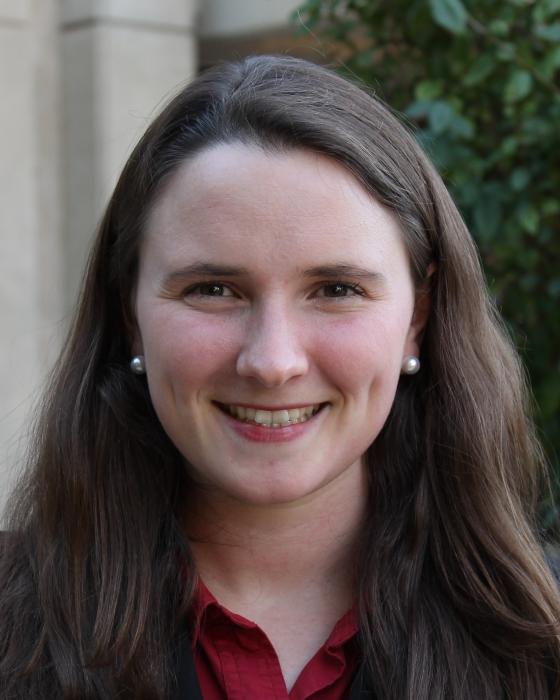
News
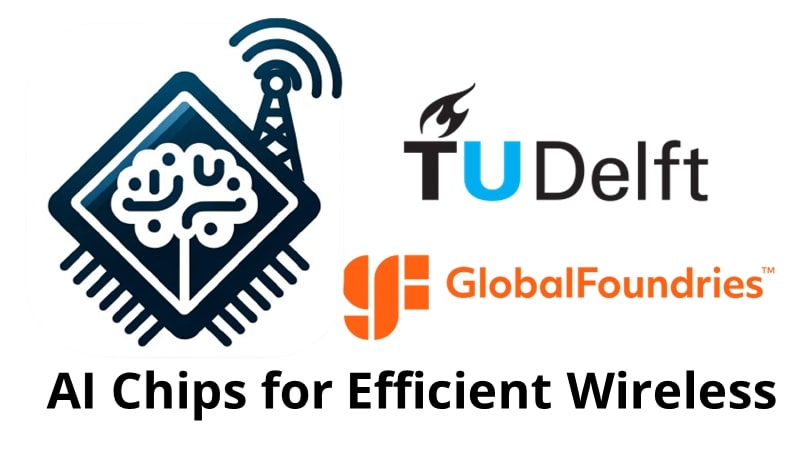
GF12LP+ University Program awarded to Chang Gao
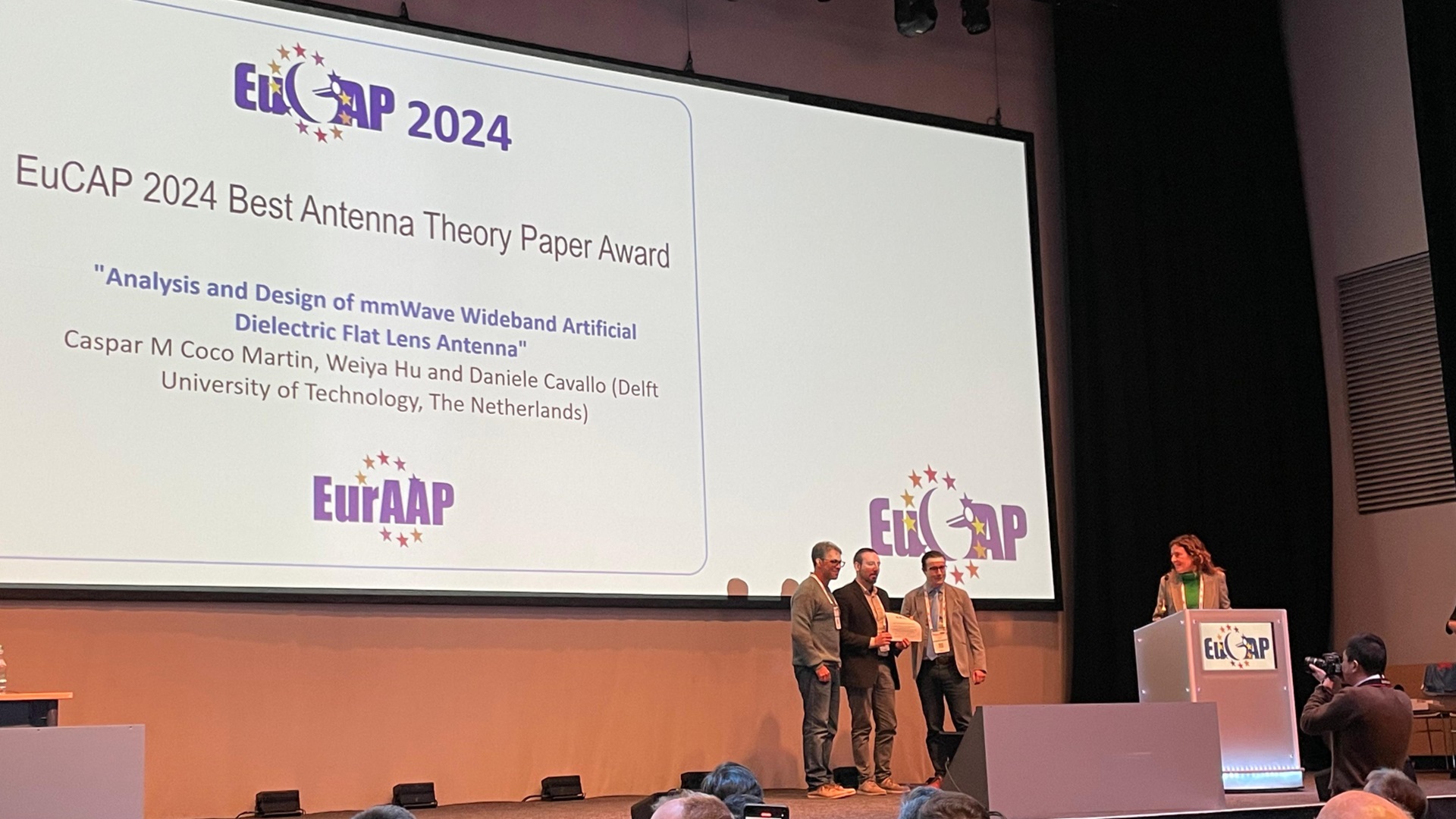
Best Paper Award at EuCAP 2024
Best Antenna Theory Paper Award for Caspar Coco Martin, Weiya Hu, and Daniele Cavallo
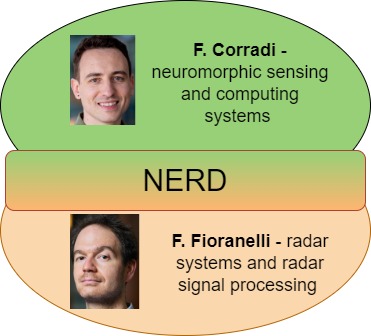
NWO M2 grant awarded to Francesco Fioranelli
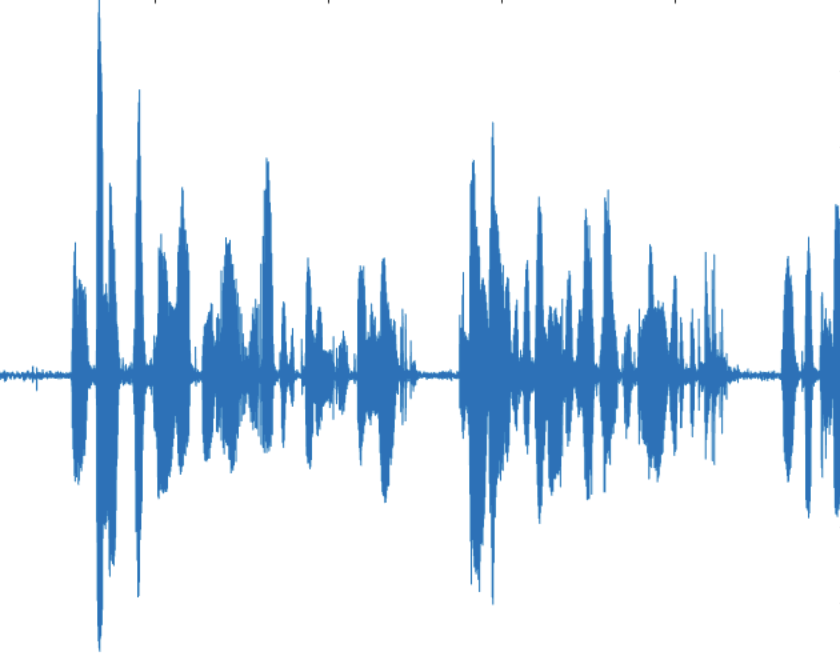
STOI incorporated in Matlab
STOI is a widely used measure for "short-time objective intelligibility" in (compressed) speech, and was developed by members of the SPS group